The 17 Sustainable Development Goals adapted by international community have specific targets to be achieved by 2030 and the environment should be integrated into all aspects of sustainable development. To achieve these goals, there is a growing need for scientists with different specialties to work together and to promote evidence-informed policy toward the same goals. There is, however, a risk of contradiction; scientists from different disciplines have opinions that collide with one another. Using the recent discussion on marine plastic waste at S20 in Osaka, the objectives of this session is twofold: 1) to discuss and find ways to keep a good balance between promotion of industrial science and protection of natural resources, and 2) to make a balanced policy recommendation to avoid possible conflicts and public confusion in terms of achieving SDGs, using a new perspective of inclusive wealth.
Speakers

- Moritz Riede
- Professor, Department of Physics, University of Oxford
- Moritz Riede is Professor in the Department of Physics at the University of Oxford, UK. Before moving to Oxford, he worked in Germany at the Fraunhofer Institute for Solar Energy Systems ISE and the University of Freiburg and at the Technische Universität Dresden. His academic research focus is on organic solar cells, an emerging renewable energy technology that allows for inexpensive, light-weight, flexible and large area solar modules. He was a member of the Global Young Academy from 2014-2019 and his further interests include transforming our energy system into a sustainable one, open science and the role of science in society.

- Wibool Piyawattanametha
- Professor of Biomedical Engineering, King Mongkut’s Institute of Technology Ladkrabang and Adjunct Professor of Institute for Quantitative Health Science & Engineering, Michigan State University
- Dr. Piyawattanametha received Ph.D. degree in Electrical Engineering from the University of California, Los Angeles, USA in 2004. He was with the Bio-X Program, Stanford University, Stanford, CA, USA as a research associate in 2005-2010. Currently, he is with the King Mongkut’s Institute of Technology Ladkrabang, Ladkrabang, Thailand as the Director of Advanced Imaging Research Center. In 2014, he was selected to receive the prestigious Fraunhofer-Bessel Research Award from the Alexander von Humboldt Foundation, Berlin, Germany. He has also been appointed as an Adjunct Professor, Institute for Quantitative Health Science & Engineering (IQ), Michigan State University, Michigan, USA since 2018.

- Sara Karly Kehoe
- Canada Research Chair in Atlantic Canada Communities, Saint Mary’s University
- Dr. S. Karly Kehoe is a historian of religion and migration and is the Canada Research Chair in Atlantic Canada Communities. She sits on the editorial boards of both theScottish Historical Review and the Innes Review and is a fellow of the Royal Historical Society. An active member of both the Global Young Academy and the Royal Society of Canada’s College of New Scholars, Artists and Scientists (serving on the latter’s executive committee and on the steering committee of RSC Atlantic), Karly is also a proud alumna and former co-chair of the Royal Society of Edinburgh’s Young Academy of Scotland. She is an advocate of displaced and at-risk scholars.

- Filippo Rossi
- Politecnico di Milano, Associate Professor
- Filippo Rossi received his Ph.D. in Chemical Engineering in 2011 at Politecnico di Milano. He also spend research period in 2009 as visiting student at Imperial College London, in 2012 as Post-Doc at Uppsala University and in 2018 as Visiting Professor at Keio University. From February 2015 he’s working as Assistant Professor and then from 2019 as Associate Professor at Politecnico di Milano in the framework of Applied Physical Chemistry and as Guest Researcher at Istituto di Ricerche Farmacologiche Mario Negri. His main research interests are in the field of innovative polymer materials for nanomedicine, drug delivery and tissue engineering with experimental and model studies.

- Akihiro Kishimura
- Center for Molecular Systems
Department of Applied Chemistry, Faculty of Engineering
Kyushu University - Akihiro Kishimura received his PhD degree of engineering under the supervision of Prof. T. Aida from the University of Tokyo in 2005. After his career as an assistant professor in the research group of Prof. K. Kataoka (The University of Tokyo) from 2006 to 2013, he moved to Kyushu University as an associate professor in 2013. He joined Science Council of Japan in 2016, and has worked as the chair of Young Academy of Japan since 2017. He is a member of the Global Young Academy from 2017. His present research focuses on nanomedicine, and molecular system toward artificial cells by mimicking crowded environments of living system.

- Yoko Shimpuku
- Kyoto University Graduate School of Medicine, Human Health Sciences, Associate Professor
- Yoko is a certified nurse midwife and completed her PhD in University of Illinois at Chicago. She has been researching in Tanzania since 2008 to improve maternal child health and quality of midwifery care in Africa. She has worked with World Health Organization to promote the Early Essential Newborn Care program. After moved to Kyoto University, her research developed multidisciplinary. In the role of the executive in Young Academy of Japan and Global Young Academy, she presented at the IAP Conference and STS Forum and attended G7 Academy Meeting, aiming to contribute to the society through science.

- Kazuyoshi Nishijima
- Disaster Prevention Research Institute, Kyoto University, Associate Professor
- Kazuyoshi received the degree of Doctor of Sciences from ETH Zurich in 2009. Having worked there as senior research associate and at Technical University of Denmark as associate professor, he joined in DPRI Kyoto University in 2013, His current research interest is wind-induced risk reduction for tropical-cyclone-prone developing areas such as southeast Asia and south Pacific regions. In its work, a principal approach is to analyze the performance of local knowledge driven architecture techniques and to appreciate and utilize these for disaster risk reduction. He is a member of Science Council of Japan since 2017.

- Nina Yasuda
- University of Miyazaki, Faculty of Agriculture, Department of Marine Biology and Environmental Science, Associate Professor
- Nina is a marine ecologist who has been studied in ecology, evolution, and conservation of coral reef ecosystems by integrating several methodologies. To improve the marine environment, she leads the Ocean and Japan Project as the Chair of the Executive Committee since 2017. She devoted herself to enlighten local people with current situations of the marine environment. She is a member of the young academy of Japan and Science Council of Japan since 2017. She experienced a COE member of 4th Worldwide Meeting of Young Academies and will co-organize a sub-session about the marine plastic issue in World Science Forum.

- Shunsuke Managi
- Distinguished Professor
Director, Urban Institute
School of Engineering, Kyushu University - Shunsuke Managi is the Distinguished Professor & Director of Urban Institute at the Kyushu University, Japan. He has been awarded several national research grants on topics such as urbanization, transportation, energy, climate change, sustainability, and population change. He is a lead author for the Intergovernmental Panel on Climate Change (IPCC), a coordinating lead author for the Intergovernmental Platform on Biodiversity and Ecosystem Services (IPBES), a director for Inclusive Wealth Report 2018 (IWR 2018), an editor of “Economics of Disasters and Climate Change”, “Environmental Economics and Policy Studies”, and “Resource and Energy Economics”. He is the co-chair the Scientific Committee of the 2018 World Congress of Environmental and Resource Economists.
Keywords
SDGs, marine plastic waste, inclusive wealth, science advice
SDGsの17ゴールは、一点集中型合理主義に対する反省として包摂的な解決策を議論する場を提供し、国際コミュニティに適用されている。これらのゴールを達成するため、異なった専門の科学者が協働し、エビデンスに基づいた政策立案への提言が求められている。しかしながら、SDGsは幅広いターゲットを含有するその特徴故にゴール間の相反、つまり一つの分野での正当な議論が、科学における他分野の発展を阻害しうるリスクを含んでいる。最終的に人々の幸せを達成するためには、どのような科学が求められるのか、新国富指標というSDGsの新しい評価軸も含めた議論もその解決への大きな一助となりうる。今年大阪で開催されたS20では、海洋プラスチック問題が議論され、プラスチック廃棄物による海洋生物への影響に懸念が示され、メディアでも大きく取り上げられた。その反面、プラスチック素材の開発による物質の発展により、人々が受けてきた恩恵、また今後のプラスチックを含めた物質・材料研究が阻害されることは、人類や科学の発展におけるマイナスとなり得る。こうした事例を踏まえ、以下の目的で議論を行う。1)SDGsに含まれる生産技術的な科学の発展と天然資源保護の良いバランスとは、2)新国富という新しい視点を用い、SDGs達成に向け、人々の幸せを目指した科学的政策提言とはいかなるものか。
登壇者
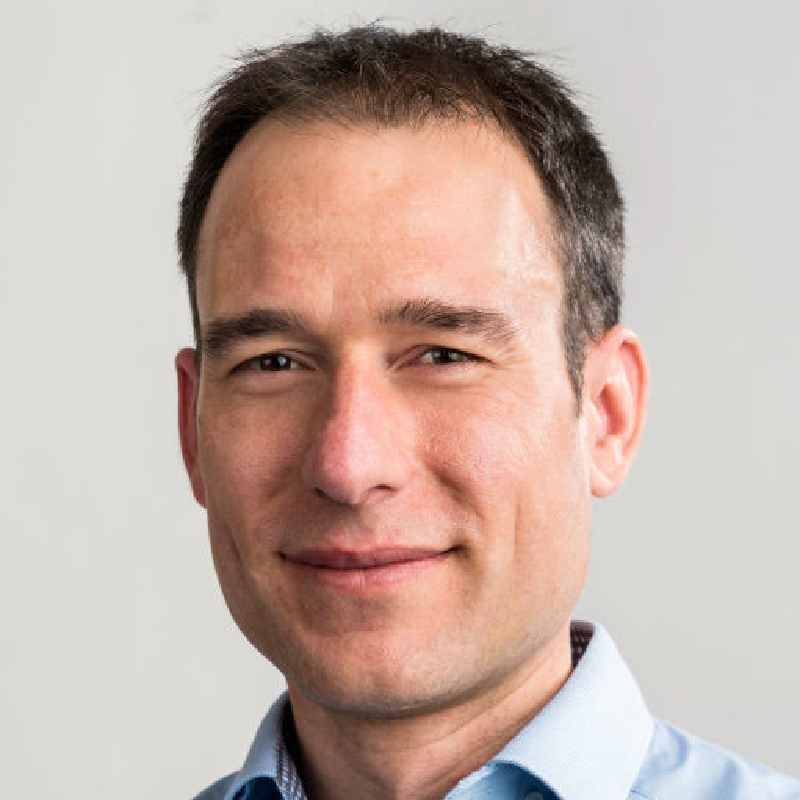
- Moritz Riede
- Professor, Department of Physics, University of Oxford
- Moritz Riede is Professor in the Department of Physics at the University of Oxford, UK. Before moving to Oxford, he worked in Germany at the Fraunhofer Institute for Solar Energy Systems ISE and the University of Freiburg and at the Technische Universität Dresden. His academic research focus is on organic solar cells, an emerging renewable energy technology that allows for inexpensive, light-weight, flexible and large area solar modules. He was a member of the Global Young Academy from 2014-2019 and his further interests include transforming our energy system into a sustainable one, open science and the role of science in society.

- Wibool Piyawattanametha
- Professor of Biomedical Engineering, King Mongkut’s Institute of Technology Ladkrabang and Adjunct Professor of Institute for Quantitative Health Science & Engineering, Michigan State University
- Dr. Piyawattanametha received Ph.D. degree in Electrical Engineering from the University of California, Los Angeles, USA in 2004. He was with the Bio-X Program, Stanford University, Stanford, CA, USA as a research associate in 2005-2010. Currently, he is with the King Mongkut’s Institute of Technology Ladkrabang, Ladkrabang, Thailand as the Director of Advanced Imaging Research Center. In 2014, he was selected to receive the prestigious Fraunhofer-Bessel Research Award from the Alexander von Humboldt Foundation, Berlin, Germany. He has also been appointed as an Adjunct Professor, Institute for Quantitative Health Science & Engineering (IQ), Michigan State University, Michigan, USA since 2018.
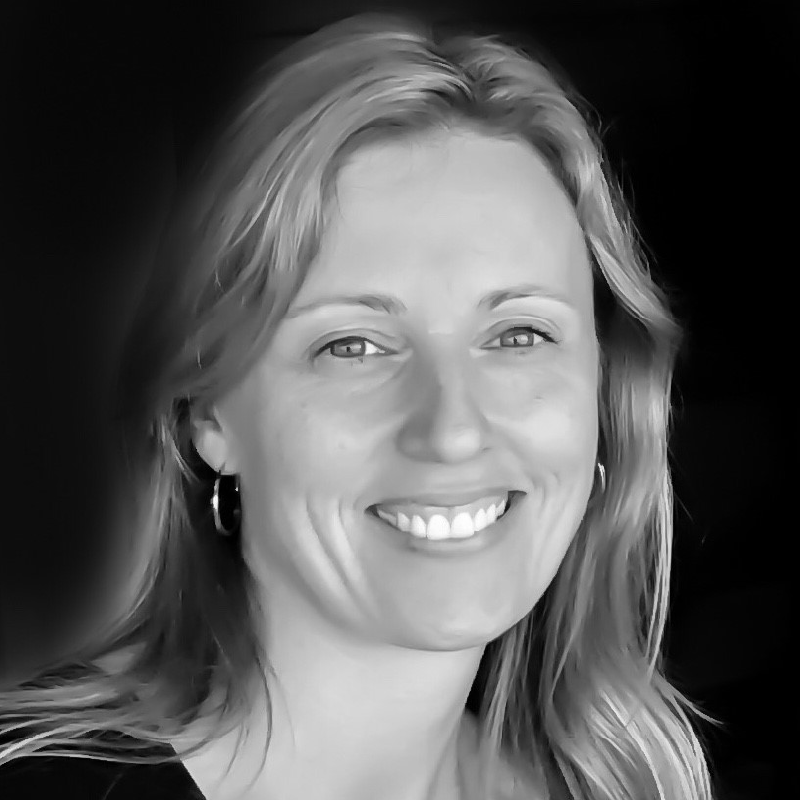
- Sara Karly Kehoe
- Canada Research Chair in Atlantic Canada Communities, Saint Mary’s University
- Dr. S. Karly Kehoe is a historian of religion and migration and is the Canada Research Chair in Atlantic Canada Communities. She sits on the editorial boards of both theScottish Historical Review and the Innes Review and is a fellow of the Royal Historical Society. An active member of both the Global Young Academy and the Royal Society of Canada’s College of New Scholars, Artists and Scientists (serving on the latter’s executive committee and on the steering committee of RSC Atlantic), Karly is also a proud alumna and former co-chair of the Royal Society of Edinburgh’s Young Academy of Scotland. She is an advocate of displaced and at-risk scholars.
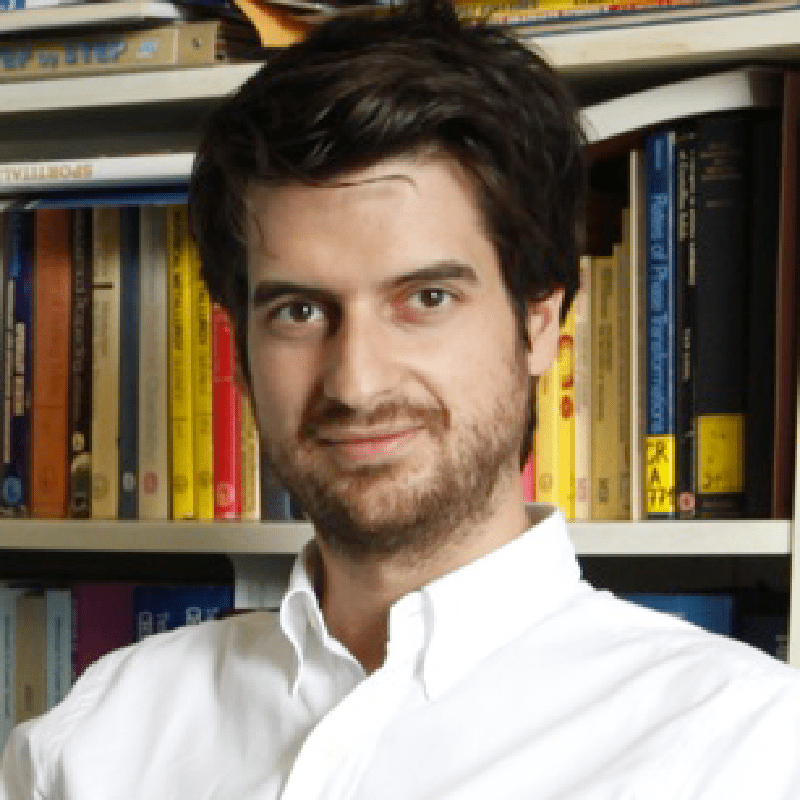
- Filippo Rossi
- Politecnico di Milano, Associate Professor
- Filippo Rossi received his Ph.D. in Chemical Engineering in 2011 at Politecnico di Milano. He also spend research period in 2009 as visiting student at Imperial College London, in 2012 as Post-Doc at Uppsala University and in 2018 as Visiting Professor at Keio University. From February 2015 he’s working as Assistant Professor and then from 2019 as Associate Professor at Politecnico di Milano in the framework of Applied Physical Chemistry and as Guest Researcher at Istituto di Ricerche Farmacologiche Mario Negri. His main research interests are in the field of innovative polymer materials for nanomedicine, drug delivery and tissue engineering with experimental and model studies.
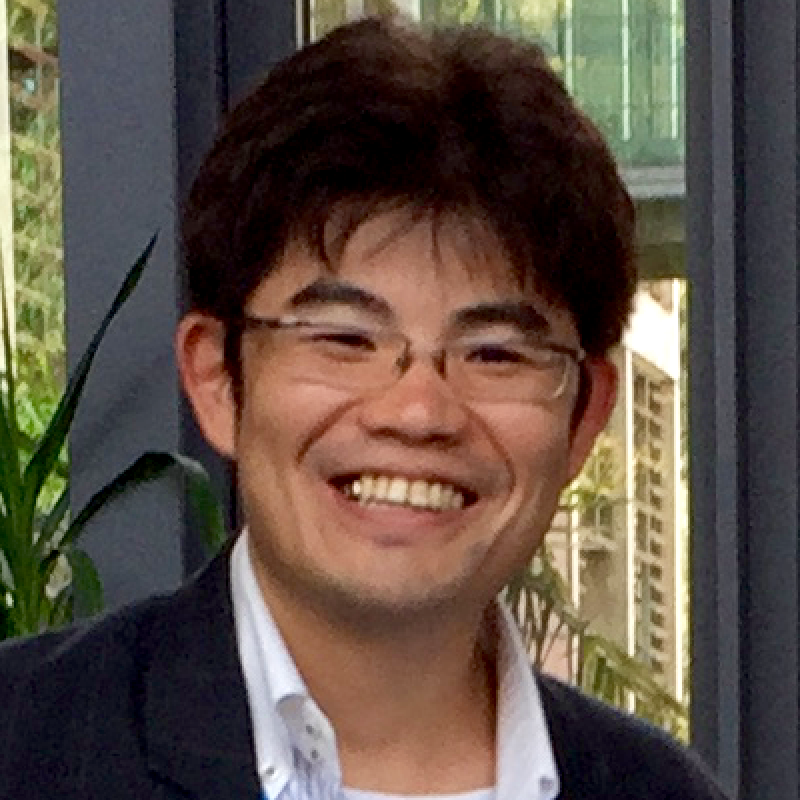
- 岸村 顕広
- 九州大学大学院工学研究院応用化学部門
九州大学分子システム科学センター 准教授 - 2005年東京大学大学院工学系研究科化学生命工学専攻 博士課程修了、博士(工学)取得。2006年同大学大学院工学系研究科マテリアル工学専攻(片岡研究室)に助教として着任し、高分子学会研究奨励賞をはじめ複数の受賞をするなど活躍した。2013年より現職。現在は、ナノ医療に用いる高分子ナノ材料の開発や、人工細胞実現に向けて細胞内の濃厚環境を模倣する分子システムの開発を行っている。2016年より日本学術会議若手アカデミーのメンバーに加わり、2017年12月より代表を務めている。社会における学術のあり方や学術の持続性について次世代の目線で考えつつ、学術の力を市民や地域に伝えることに注力して活動を行っている。2017年からはGlobal Young Academyのメンバーとして、2019年からは文部科学省科学技術・学術審議会臨時委員としても活動している。
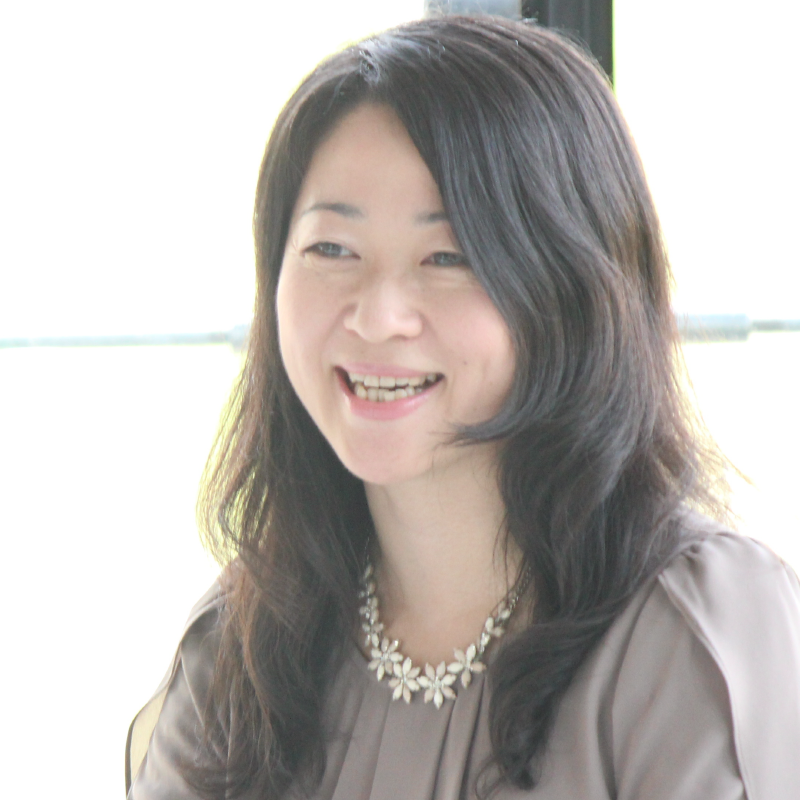
- 新福 洋子
- 京都大学大学院医学研究科人間健康科学 准教授
- 助産師。2010年イリノイ大学シカゴ校大学院看護学研究博士課程修了。2008年よりアフリカの母子保健向上のための助産ケアの改善をテーマに、タンザニアのフィールドで研究している。世界保健機関とEarly Essential Newborn Careプログラムの拡大を目的にセミナーの共同開催や動画の共同制作などを行った。現在は京都大学アジア・アフリカ地域研究科との協働による学際的研究、ICTを用いた遠隔医療教育やアプリ教材開発へ研究を発展させている。日本学術会議若手アカデミー副代表、世界で200人の若手科学者が選定されるGlobal Young Academy執行役員を歴任し、学術を通して社会に貢献すべく、IAP総会やSTS Forumでの登壇、G7アカデミー会合への出席など、科学技術外交、科学的助言の分野にも活動の幅を広げている。2018年より現職。

- 西嶋 一欽
- 京都大学防災研究所 准教授
- 2009年スイス連邦工科大学博士課程修了。同大学研究員、デンマーク工科大学准教授を経て現職。専門分野は信頼性工学および風工学。スイス連邦工科大学在学中より地震及び台風による強風災害リスク評価に関する研究を行ってきた。2013年に京都大学防災研究所に着任してからは、日本国内の強風災害の低減に関する研究はもとより、東南アジアおよび南太平洋を中心に台風等による強風被害の低減のため、在来防災技術を科学的に分析し、また在来防災技術を活用したサステイナブルな防災対策の立案および実装に関する研究活動を行っている。日本風工学会事務局長、International Group for Wind-Related Disaster Risk Reduction副議長、ISO TC98国際対応委員など。2017年より日本学術会議連携会員。
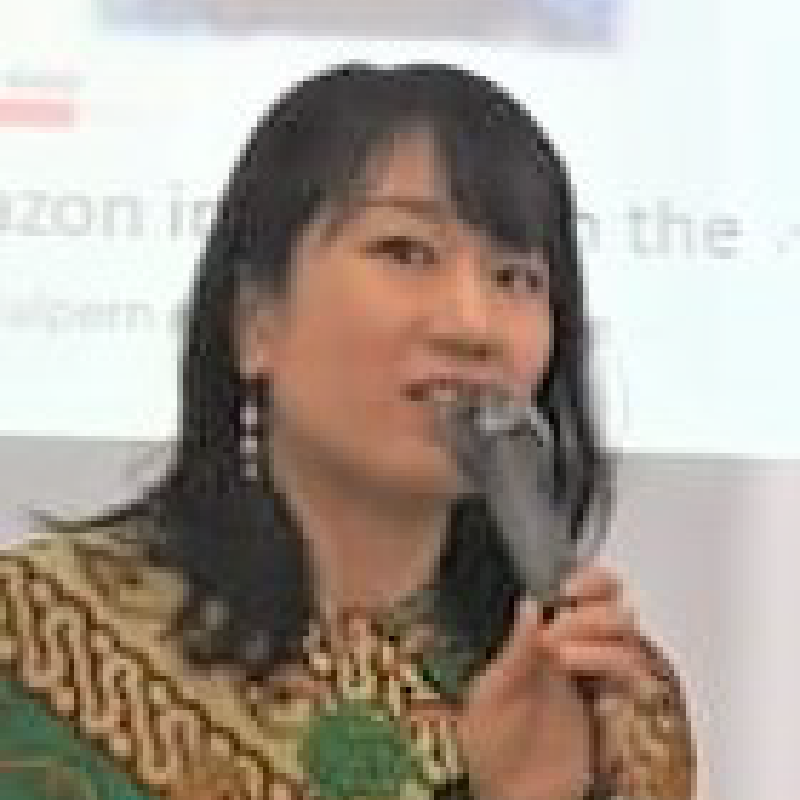
- 安田 仁奈
- 宮崎大学農学部海洋生物環境学科 准教授
- 海洋生態学者。2008年東京工業大学情報理工学研究科状況環境学専攻博士課程修了。博士(学術)。インド太平洋海域におけるサンゴ礁生態系の保全に関する研究を2003年より行ってきている。研究と関連して、海と日本プロジェクト宮崎の実行委員長を務める他、各地で一般市民や次世代を担う子供たちに海洋環境の現状やサンゴ礁生態系などについて伝えるためのアウトリーチ活動も活発に行っている。2017年から日本学術会議連携会員。若手アカデミー国際分科会幹事を務める。本年度は、若手アカデミーメンバーおよび学術会議メンバーらとともに、ブダペストで開催される世界科学フォーラムで、海洋プラスチックに関係するSDGs間コンフリクトに関するサブセッションを企画している。また第四回Worldwide Meeting of Young AcademiesではPOCメンバーを務めた。2014年4月から2019年3月までの間宮崎大学テニュアトラック推進機構准教授を経て2019年4月より現職。
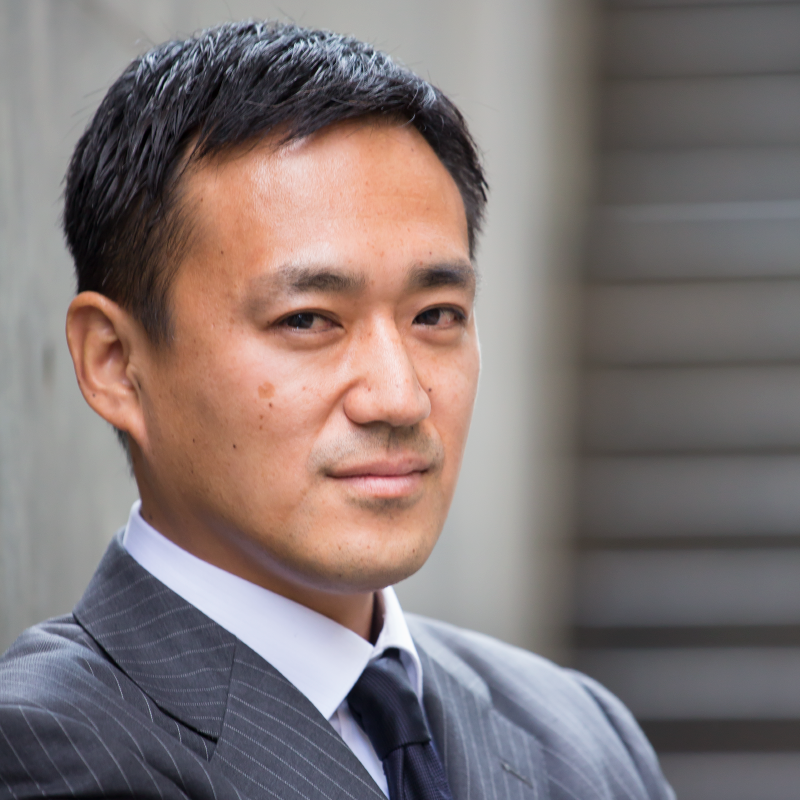
- 馬奈木 俊介
- 九州大学主幹教授、都市研究センター長
工学研究院都市システム工学講座教授 - 九州大学主幹教授、都市研究センター長。工学研究院都市システム工学講座教授。経済産業研究所(RIETI)ファカルティフェローを兼任。国連「新国富報告書2018」代表、国連「気候変動に関する政府間パネル(IPCC)」代表執筆者、国連「生物多様性及び生態系サービスに関する政府間科学政策プラットフォーム」(IPBES)統括代表執筆者、OECD(経済協力開発機構 貿易・環境部会)副議長、2018年・世界環境資源経済学会共同議長。
キーワード
SDGs, marine plastic waste, inclusive wealth, science advice